Ronald L. Braithwaite - The Morehouse Model: How One School of Medicine Revolutionized Community Engagement and Health Equity
Here you can read online Ronald L. Braithwaite - The Morehouse Model: How One School of Medicine Revolutionized Community Engagement and Health Equity full text of the book (entire story) in english for free. Download pdf and epub, get meaning, cover and reviews about this ebook. year: 2020, publisher: Johns Hopkins University Press, genre: Politics. Description of the work, (preface) as well as reviews are available. Best literature library LitArk.com created for fans of good reading and offers a wide selection of genres:
Romance novel
Science fiction
Adventure
Detective
Science
History
Home and family
Prose
Art
Politics
Computer
Non-fiction
Religion
Business
Children
Humor
Choose a favorite category and find really read worthwhile books. Enjoy immersion in the world of imagination, feel the emotions of the characters or learn something new for yourself, make an fascinating discovery.

- Book:The Morehouse Model: How One School of Medicine Revolutionized Community Engagement and Health Equity
- Author:
- Publisher:Johns Hopkins University Press
- Genre:
- Year:2020
- Rating:4 / 5
- Favourites:Add to favourites
- Your mark:
The Morehouse Model: How One School of Medicine Revolutionized Community Engagement and Health Equity: summary, description and annotation
We offer to read an annotation, description, summary or preface (depends on what the author of the book "The Morehouse Model: How One School of Medicine Revolutionized Community Engagement and Health Equity" wrote himself). If you haven't found the necessary information about the book — write in the comments, we will try to find it.
How can the example of Morehouse School of Medicine help other health-oriented universities create ideal collaborations between faculty and community-based organizations?
Among the 154 medical schools in the United States, Morehouse School of Medicine stands out for its formidable success in improving its surrounding communities. Over its history, Morehouse has become known as an institution committed to community engagement with an interest in closing the health equity gap between people of color and the white majority population. In The Morehouse Model, Ronald L. Braithwaite and his coauthors reveal the lessons learned over the decades since the schools foundinglessons that other medical schools and health systems will be eager to learn in the hope of replicating Morehouses success.
Describing the philosophical, cultural, and contextual grounding of the Morehouse Model, they give concrete examples of it in action before explaining how to foster the collaboration between community-based organizations and university faculty that is essential to making this model of care and research work. Arguing that establishing ongoing collaborative projects requires genuineness, transparency, and trust from everyone involved, the authors offer a theory of citizen participation as a critical element for facilitating behavioral change. Drawing on case studies, exploratory research, surveys, interventions, and secondary analysis, they extrapolate lessons to advance the field of community-based participatory research alongside community health.
Written by well-respected leaders in the effort to reduce health inequities, The Morehouse Model is rooted in social action and social justice constructs. It will be a touchstone for anyone conducting community-based participatory research, as well as any institution that wants to have a positive effect on its local community.
Ronald L. Braithwaite: author's other books
Who wrote The Morehouse Model: How One School of Medicine Revolutionized Community Engagement and Health Equity? Find out the surname, the name of the author of the book and a list of all author's works by series.

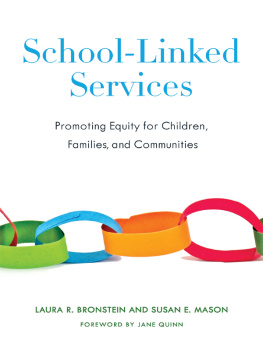
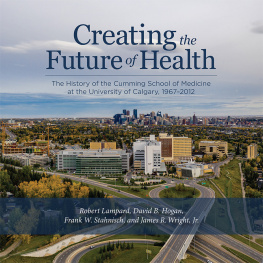
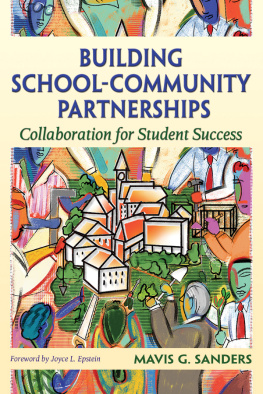
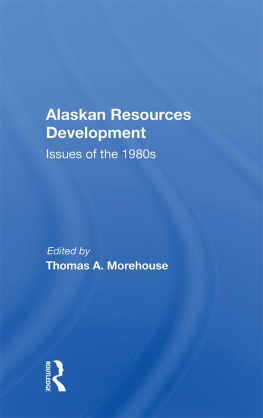
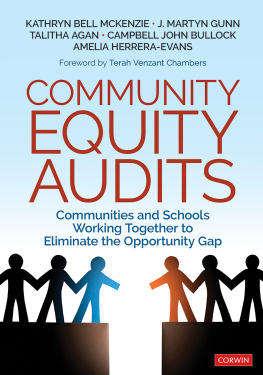
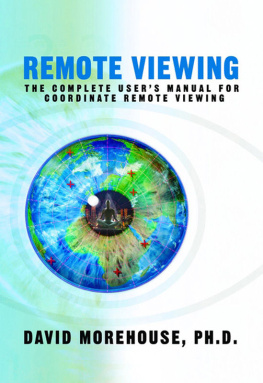
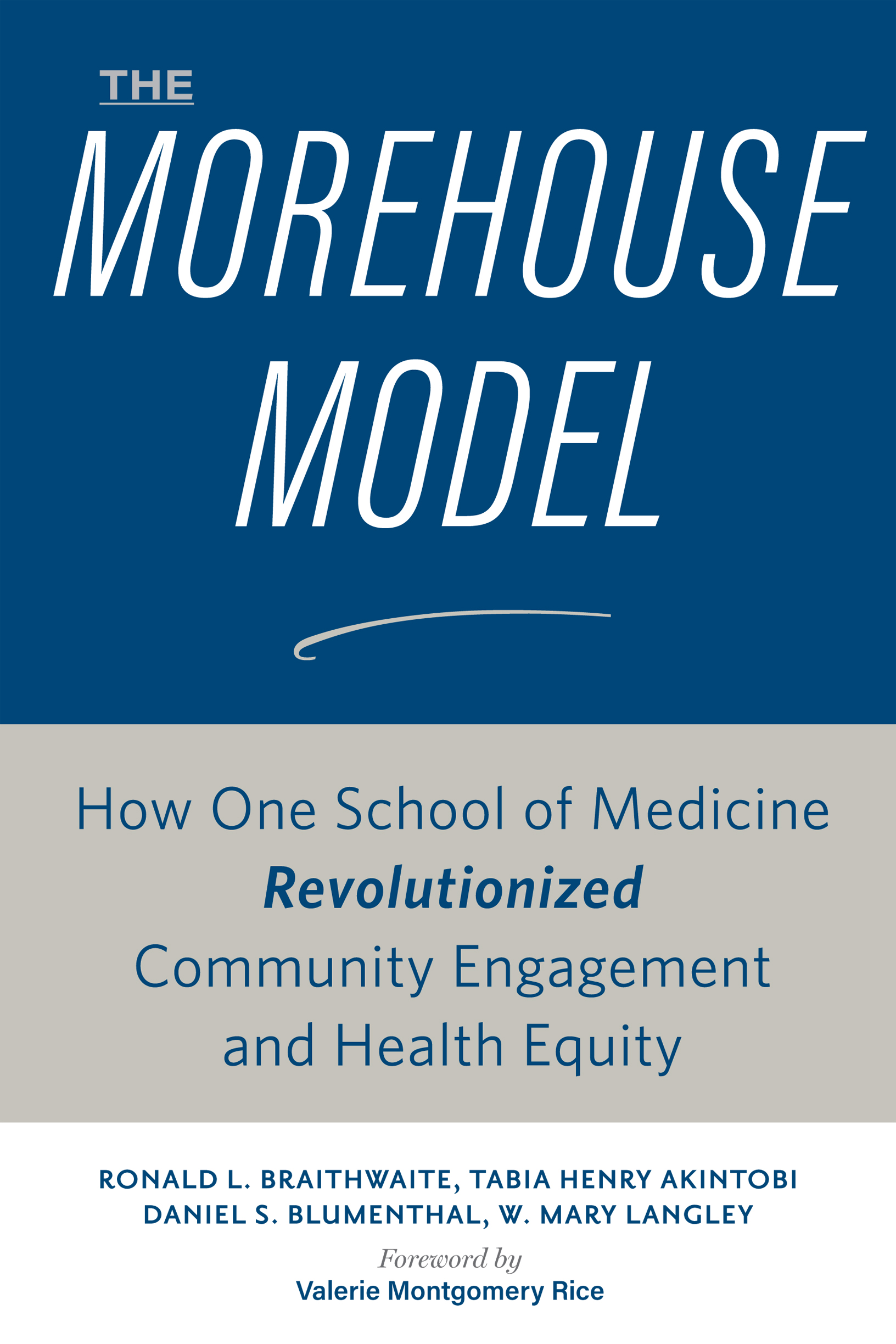
 JOHNS HOPKINS UNIVERSITY PRESS Baltimore
JOHNS HOPKINS UNIVERSITY PRESS Baltimore